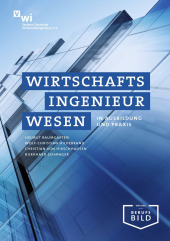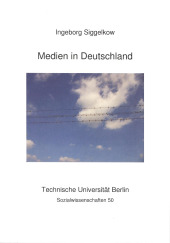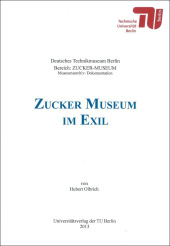Analyse und Simulation von Geschäftsmodellen für Elektrizitätsvertriebsunternehmen
Untersuchungen für die Implementierung von Smart Metern

Publishing year: 2015
More than six hundred power distributors in Germany have to adapt their business models to the changed regulatory framework and business environment due to the “Energiewende”. An important issue is the need to align domestic power consumption with the fluctuating power generation of renewable energies using smart meters. This dissertation evaluates the options for implementing smart meters in existing business models. The method used contributes to the growing field of business model research. While there is no lack of business model definitions, there are few validated methods to analyse business models. This dissertation proposes a structured approach to evaluate business models in mature industries. A distinctive feature of this research is the application of a simulation to the modelling concept. A procedure to reflect wholesale power prices and the introduction of renewable energies in light of power demands is developed. A new approach in the modelling of the load shift is shown, which reflects a function of consumer habits and their dynamic preferences, rather than the minimal price elasticity. Different scenarios for the implementation of smart meters are analyzed. One finding is the discrepancy between the value drivers and customer preferences. Dynamic prices and a high degree of automation raise the potential profit, while customers see these aspects negatively. Furthermore, the simulation results show that minimal savings in wholesale costs can achieve notable savings in grid usage. Finally, the results have shown that tariffs with static time of use pricing won´t provide savings on the wholesale market in the future.



